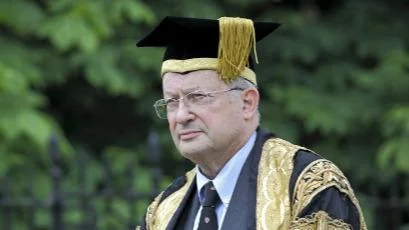Dr. Ben Steventon and his team are delving into developmental biology to understand how animals grow from a single cell into a full organism. The research focuses on how cells decide their roles, such as becoming skin, muscle, or brain cells, and the timing and location of these decisions during development.
In Dr. Fengzhu Xiong's lab, Dr. Fengtong Ji is investigating the construction of life using nanorobots to explore ways to maintain cell health. This research aims to uncover new methods for disease treatment and cell regeneration.
Dr. Susie McLaren is studying the symbiotic relationships between corals, sea anemones, and algae in Dr. Xiong's lab. This partnership is vital for coral reef health. Cnidarians start as small balls of cells before developing into adult forms with tentacles and mouths. The team examines how this relationship forms during transformation and investigates how environmental stress can disrupt it, leading to coral bleaching.
"We want to understand how the coral reef-sustaining symbiosis between cnidarians and algae is built, and why it breaks down under environmental change," says Dr. McLaren at the Gurdon Institute.
Dr. Emilia Santos' team explores biodiversity development over time using tropical cichlid fish from Lake Malawi, home to numerous related species evolved from a single ancestor with varied appearances, diets, behaviors, and interactions.
Professor Laura Machesky's group studies pancreatic cancer cells' adaptation mechanisms in tumorous environments with low oxygen and scarce nutrients that drive tumor aggressiveness and spread while evading immune detection and resisting chemoradiotherapy.
The team's research includes examining cancer cells' internal structure changes for movement through tumors, nutrient absorption, energy generation via creatine use as an alternative source when activated pathways could be therapy targets.
“Technical staff are often not as highly regarded as the researchers," says Professor Machesky about her team at the Department of Biochemistry. "I have an amazing team enabling science that wouldn’t otherwise happen."

